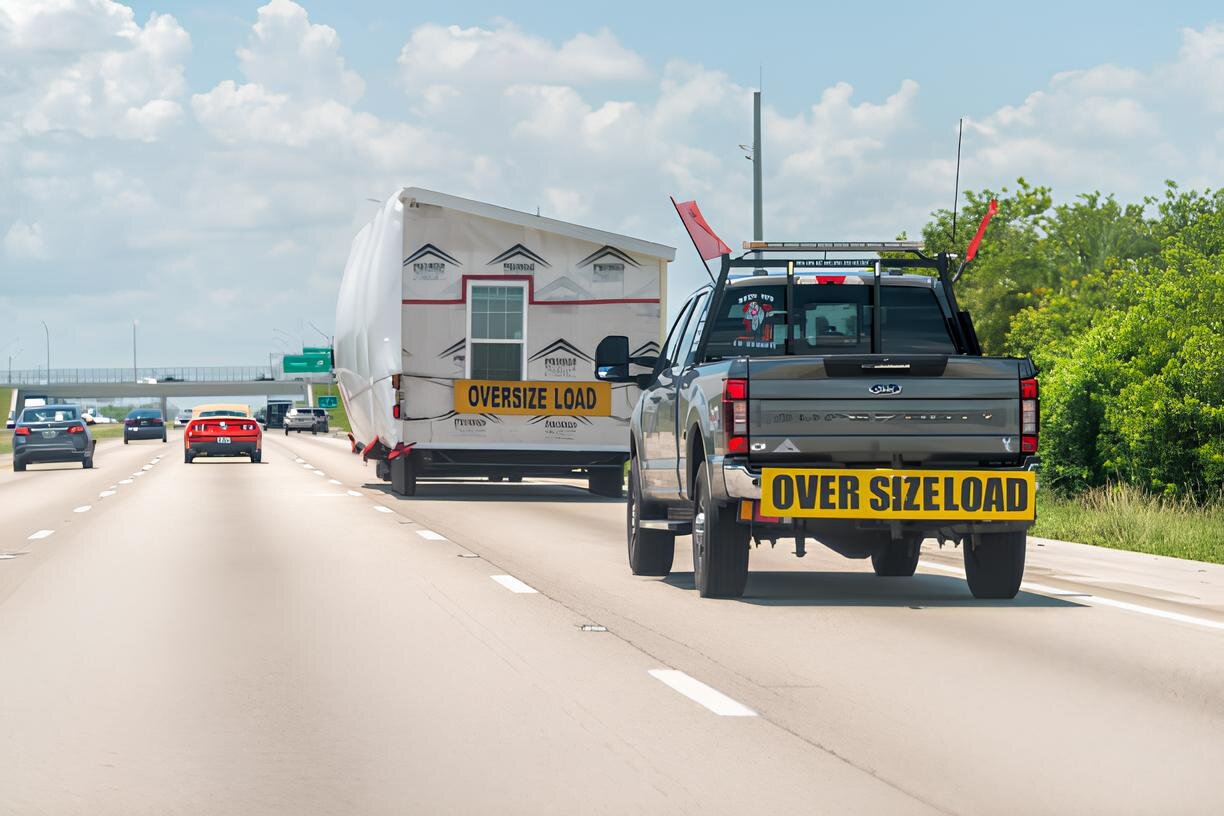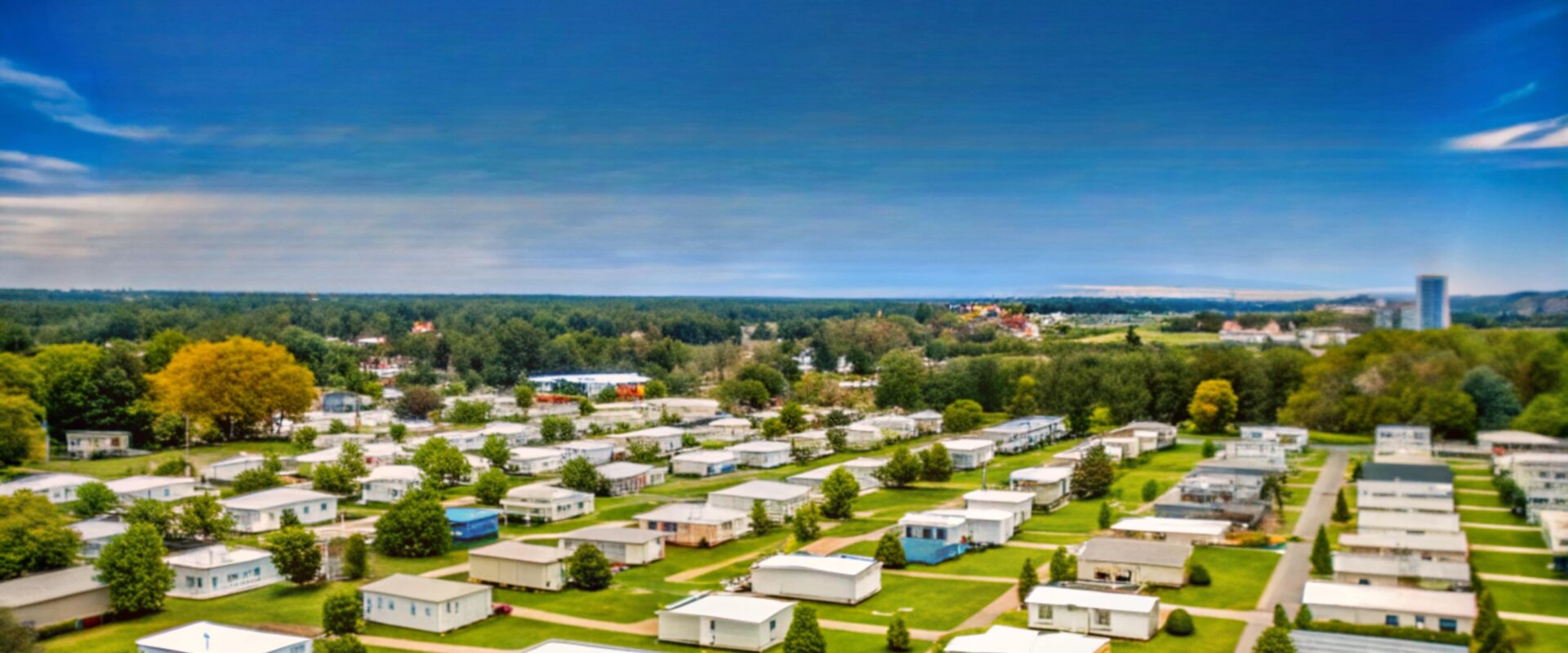Mobile Home Movers: A Complete Relocation Guide
To guarantee a safe, quick relocation, moving a mobile home calls for careful planning, specialized equipment, and local rule compliance. Important actions include assessing the new site, getting licenses, selecting seasoned mobile home moving companies, getting the structure ready by disconnecting utilities and securing loose objects, and planning transportation—particularly for long-distance moves. Home size, distance, and extra services all affect costs; from $1,000 for short trips to upwards of $12,000 for large, double-wide moves. Proper setup following the relocation calls for leveling the house, re-connecting utilities, and completing last inspections. Services like Selling Mobile Home Maryland can simplify permits, site preparation, and utility hooking for Maryland homeowners without needless effort.

1. Carefully Planning Your Mobile Home Move
i. Site Evaluation
Before anything else, assess the terrain, access points, and any obstacles at your intended destination. A thorough site evaluation helps determine necessary groundwork—such as clearing debris, grading, and leveling—to safely accommodate your home.
ii. Securing Permits and Understanding Regulations
Every state and county enforces specific rules for mobile home relocations. You must obtain transport permits and comply with zoning laws before transport a mobile home. In Maryland, for example, proof of title, paid taxes, and current lot rent (if in a park) are prerequisites for scheduling movers; most companies require 30–45 days’ notice due to high demand for mobile home movers.
2. Hiring Professionals vs. DIY
i. Benefits of Hiring Mobile Home Movers
Professional mobile home movers bring licensed, bonded, and insured services—including permit assistance, specialized trailers, and escort vehicles—to minimize risk and streamline logistics. They handle blocking and leveling, utility hookups, and even skirting installation, ensuring your home is ready upon arrival.
ii. Considering a DIY Approach
While a DIY move can cut costs, it demands significant expertise, equipment rentals (lowboy trailers or axle kits), and strict adherence to legal requirements—failure to meet code can result in fines or denied permits. Moreover, moving technicians at the destination must reconnect your utilities, an often costly and time-consuming process.
3. Preparing Your Mobile Home
i. Securing Loose Items
Pack and stow all interior and exterior fixtures—furniture, appliances, decorative elements—to prevent shifting during transit. Use straps, padded covers, and storage containers for smaller items, ensuring nothing damages the walls or windows.
ii. Disconnecting Utilities
Shut off and cap all utility connections, including water, gas, electricity, and sewer connections. Coordinate with service providers to schedule disconnections and reconnections, avoiding last-minute delays. In colder climates, winterize plumbing to prevent pipe damage during transport.
iii. Structural Inspection and Reinforcement
Inspect the foundation anchors, undercarriage, and roof for weaknesses. Reinforce any vulnerable areas—such as loose siding or skirting—to withstand jacking and hauling. A professional pre-move inspection can identify potential issues before they become costly problems during transit.
4. Transportation Logistics
i. Choosing the Right Equipment
Mobile homes travel on specialized flatbed trailers, lowboy trucks, or axle kits—equipment selected based on width, length, and weight. Single-wide homes often fit on a single extended trailer, while double-wide models may require folding in half or multiple trips, depending on dimensions.
ii. Route Planning and Escort Vehicles
Your route must avoid narrow roads, low-clearance bridges, and weight-restricted zones. Escort vehicles provide safety warnings and traffic control during oversized loads, a legal requirement in many jurisdictions.
iii. Timeline for Long-Distance Moves
Distance significantly impacts cost and duration. Local relocations (under 60 miles) can often be completed in a day, while cross-state moves may span several days, factoring in travel time, rest stops for drivers, and permit windows. Typical costs for single-wide moves within 100 miles range from $1,000 to $5,000; double-wide and longer distances push totals between $4,000 and $12,000.
5. Post-Move Setup
i. Site Preparation and Leveling
Once your home arrives, ensure the site is prepared—graded, compacted, and free of debris. Movers will block and level the structure, a critical step to maintain door, window, and plumbing function.
ii. Utility Reconnections
Licensed electricians and plumbers must reconnect your electrical, water, gas, and sewage systems. Confirm all permits are closed out, and schedule inspections if required by local authorities to verify code compliance.
iii. Final Inspection and Maintenance
Conduct a comprehensive walkthrough: look for transport-related damage, test all utilities, and address any cosmetic or structural issues immediately. Prompt maintenance preserves home value and safety.
6. Cost Considerations
i. Size of Your Mobile Home
Single-wide vs. double-wide affects equipment needs and permit tiers.
ii. Distance Traveled
Per-mile fees typically range $5–$15 per mile, with flat rates for moves under regional thresholds (Moving Costs (2025 Guide) – This Old House).
iii. Permits and Escorts
Fees vary by state; expect permit costs of $200–$1,000 depending on load dimensions.
iv. Site Prep and Utility Hookups
Professional site prep and hookups add $1,000–$3,000.
v. Additional Services
Skirting installation, debris clearing, and temporary storage incur extra charges, often $500–$2,000 total.
Why Choose Selling Mobile Home Maryland?
For Maryland residents, Selling Mobile Home Maryland offers end-to-end mobile home moving service—permits, site prep, leveling, utility hookups, and skirting—all backed by local expertise and transparent, no-obligation quotes. Their tailored service ensures your mobile home relocation is completed on schedule, within budget, and without the headaches often associated with mobile home moves.
Moving a mobile home can seem daunting, but with the right preparation and professional support, you can relocate home safely and efficiently. Whether you’re moving across town or across state lines, following this guide will help ensure a successful transition to your new home.
Call us today at (443)-461-4887 or visit www.sellingamobilehomemaryland.com to move your mobile home. Our specialized team is ready to help you transition quickly, so you can go forward with confidence.

